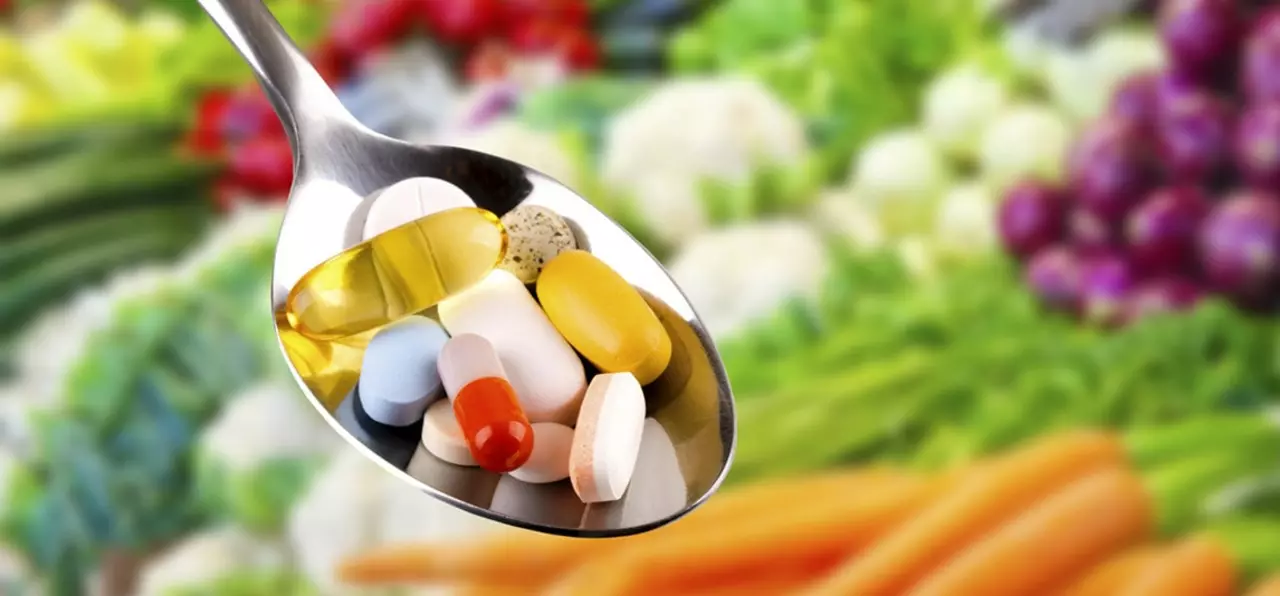Marsh Tea — what it is and why people drink it
Marsh tea (often called Labrador tea) is an old herbal tea made from the leaves of certain bog-loving plants. People have used it for digestion, mild coughs, and as a warming drink. If you’re curious, this page gives straight answers: how to brew it, what benefits people expect, and the safety steps you should take before sipping.
It’s easy to mix up marsh tea with other wild herbs, so only use products labeled as Labrador tea, Rhododendron groenlandicum (or the local accepted name). Quality varies: loose dried leaves from a trusted seller are better than random foraged leaves unless you really know the plant.
How to prepare marsh tea
Start simple. For one cup, use about 1 teaspoon of dried marsh tea leaves or 1 tablespoon of fresh leaves. Pour freshly boiled water over the leaves and steep 5–10 minutes depending on how strong you like it. Strain and drink warm. That’s it.
Limit yourself to 1–2 cups a day when you’re first trying it. Herbal guides commonly recommend short courses — a few days to a couple of weeks — rather than drinking it every day for months. If you like a milder flavor, cut the steep time to 3–4 minutes or blend with green tea or mint.
Benefits people use marsh tea for
People drink marsh tea for simple, traditional reasons: easing mild stomach upset, soothing a dry cough, or enjoying a fragrant, woody herbal cup. Historical use and herbal texts report these effects, but high-quality clinical trials are limited. Treat marsh tea like a gentle herbal option rather than a replacement for medical treatment.
Expect a lightly aromatic, resinous taste — not sweet. Some find it calming and warming after a cold day, which is why it shows up in traditional cold-weather remedies.
Safety, interactions, and who should avoid it
Marsh tea can be safe in small amounts, but it isn’t risk-free. Some related wild species contain compounds that cause dizziness, upset stomach, or more serious effects if used in large amounts. Avoid long daily use without medical advice.
Do not use marsh tea if you are pregnant or breastfeeding. If you have liver disease, take blood thinners, or use prescription meds for heart or mood conditions, check with your healthcare provider before trying it — herbs can change how drugs work or add strain to the liver.
If you feel unusual symptoms after drinking it — headache, nausea, confused thinking, or faintness — stop and contact a clinician. Also avoid tea from unknown wild sources unless an experienced forager identifies the plant.
Buying tip: choose sellers who list the Latin name, show a harvest date, and provide drying/storage notes. Store dried leaves in a cool, dark place in an airtight jar and use within a year.
Curious about trying marsh tea with a condition or while on medication? Ask your pharmacist or doctor. They’ll help you figure out if a cup or two is fine or if you should skip it altogether.

